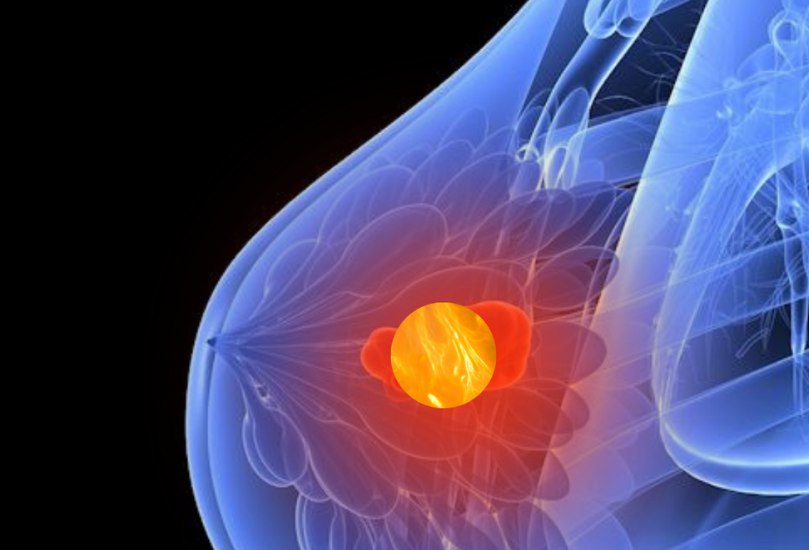
Breast Cancer
Breast cancer is the most common cancer affecting urban Indian women. The last three decades have seen the numbers of breast cancer patients grow steadily. India will be among the world leaders in new breast cancer cases detected every year. Sedentary lifestyle (lack of exercise), increased consumption of fat products, postmenopausal obesity, late marriages, delayed child bearing and lesser number of children being conceived, reduced duration of breastfeeding (less than one year per child) are all believed to be reasons for increased risk of breast cancer.
Cancers if neglected or left untreated will progress to an advanced stage and threaten the life of the patient in the long run. Therefore, it is important to spread awareness on the disease as well as ways and means to prevent the disease or detect it early so that cure rates are maximised. With the latest technological advancements in the medical sector, today there are higher chances of getting diagnosed early leading to better management of the disease. A Comprehensive Breast Care Unit is well-equipped and has highly qualified specialists who guide a patient towards right treatment plan for any breast related disease.
Risk factors for breast cancer include
Ideally both men and women can get breast cancer. But more than 99% of the cases occur in women. The greatest risk factor for developing breast cancer is being a woman and the incidence of breast cancer in woman increases with advancing age.
- Older age
- Personal history of breast cancer
- Family history of breast cancer or having other relatives (in either your maternal or paternal family) with breast cancer or ovarian cancer
- Changes in certain genes, such as BRCA1 or BRCA2
- Early menarche (onset of menses) or menopause (cessation of menses)
- Nulliparity (no child births) or late childbearing
- Exposure to radiations
- Using Hormonal Replacement Therapy (HRT) for prolonged periods
- Women whose mammograms show a larger area of dense tissue than the mammograms of women of the same age
- Chance of getting breast cancer after menopause is higher in women who are overweight or obese
- Women who are physically inactive throughout life may have an increased risk of breast cancer
Having a risk factor does not mean that a woman will get breast cancer. Most women who have risk factors never develop breast cancer. However, women who think they may be at risk should discuss this with their doctor.
Signs & Symptoms of Breast Cancer
Breast cancer is not always visible to the naked eye. Its early signs are often hidden within the breast tissues. In early stages, breast cancer usually has no symptoms. However, as the tumour progresses, you may note the following signs:
- A lump in the breast, is often the first apparent symptom of breast cancer, breast lumps are usually painless, although some may cause a prickly sensation. Lumps are usually visible on a mammogram long before they can be seen or felt.
- A noticeable flattening or indentation on the breast which may indicate a tumour that cannot be seen or felt.
- Any change in the contour, texture or temperature of the breast, reddish, pitted surface like the skin of an orange (called peau d’orange) is symptomatic of advanced breast cancer.
- A change in the nipple, such as an indrawn or dimpled look, itching or burning sensation or ulceration, scaling of the nipple is symptomatic of Paget’s disease, a localised cancer.
- Unusual discharge from the nipple that may be clear, bloody or of another colour, is usually caused by benign conditions but possibly could be due to cancer as well.
- Swelling in the armpit can suggest presence of breast cancer as this lymph node swelling probably could be felt due to the presence of a primary lump, which may be deep seated and impalpable.
The greatest misconception that the common person has about cancer is that all patients eventually die of cancer. It is very important to realise that breast cancer is one of the most curable cancers in the human body. All patients who are cured live a normal life for their entire lifespan. Regular follow ups after the treatment will help in identifying relapse, if any.

